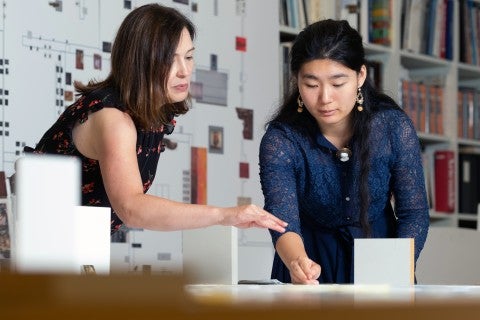Embattled Earth: Commodities, Conflict and Climate Change
Since the time of Vasco da Gama's voyage, the Indian Ocean has been the theatre of intense imperial rivalries over commodities and resources. For centuries, the main players in these conflicts were Western colonial powers, but over the last few decades the countries of the Indian Ocean rim have themselves become major consumers of commodities and resources. As such they are now among the principal drivers of anthropogenic climate change, an ongoing process that will have catastrophic consequences for the billions of people who live around the Indian Ocean. This talk explores the continuities between the resource conflicts of the past and the future by focusing on two transformative imperial wars: the Anglo-Dutch spice wars of the 17th century and the 1st Opium War of 1840-42. It also poses some related questions: are the imperatives of empire and military supremacy among the major drivers of climate change? If so, why are these issues generally elided? Does the fact that the discourse on climate change is largely produced within university-based contexts have anything to do with this elision?
Can the Non-Human Speak? Other Beings in Myth, Literature and Ethnography
On the face of it, the question “Can the non-human speak?” is an absurdity. Yet it is one of the essential questions of our era of accelerating man-made climate change. At this moment in time, when we look back on the history that has brought us to the point of a planetary catastrophe, we cannot but recognize that our plight is in large part a consequence of the ways in which certain classes of humans have actively muted all other beings by representing them as brutes; that is to say, creatures whose presence on earth is solely material. This talk looks at some of the ways in which non-human consciousness figures in various narrative traditions.
Past Campbell Lectures

The Campbell Lecture Series is organized by the School of Humanities and Arts Dean’s Office, with generous support from the Campbell Foundation. The mission of the lecture series is to bring distinguished scholars in the arts, literature and humanities to Rice to discuss their work and career, while supporting engagement between scholar and student.

